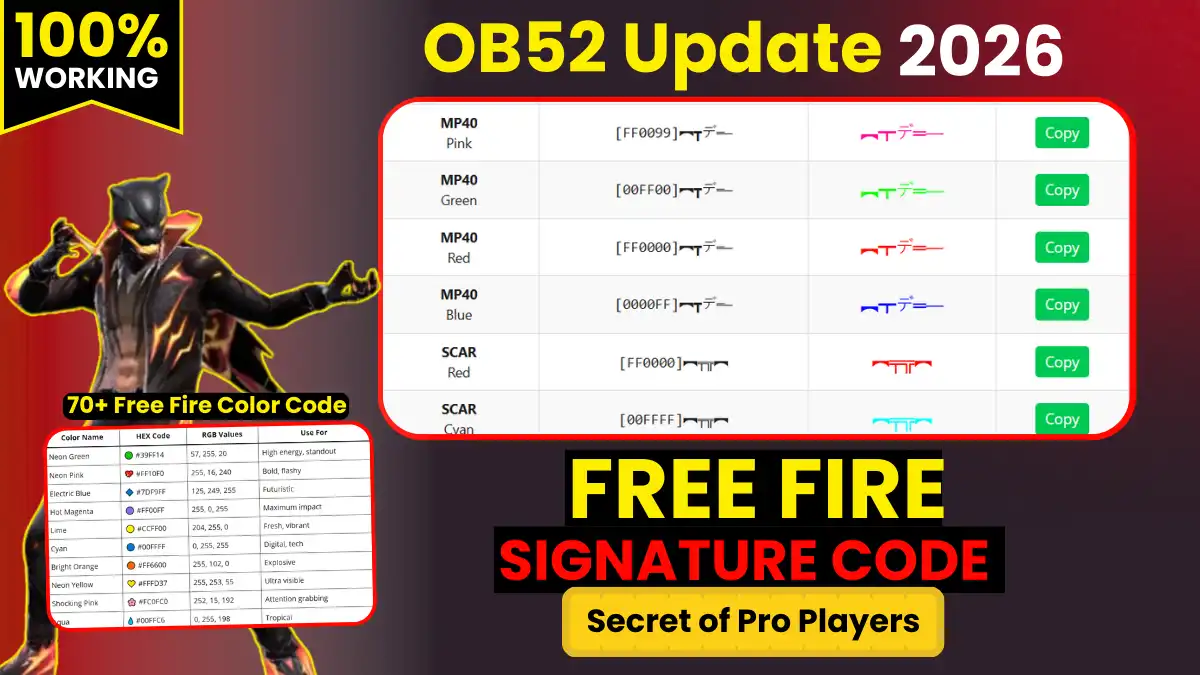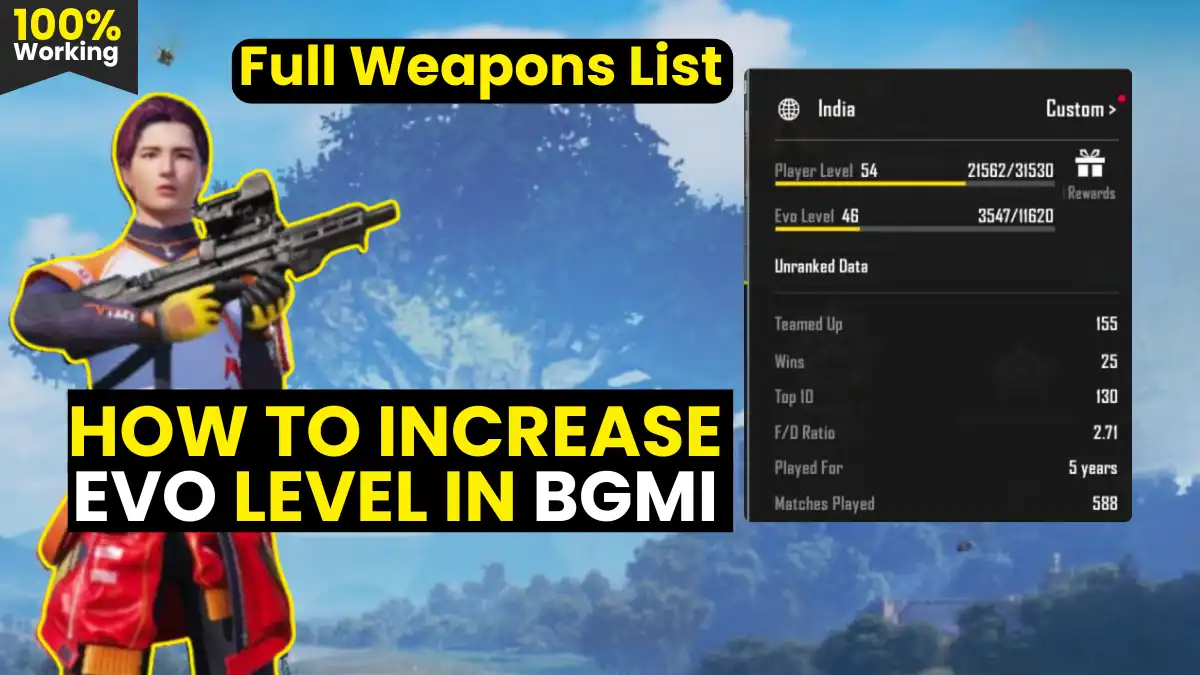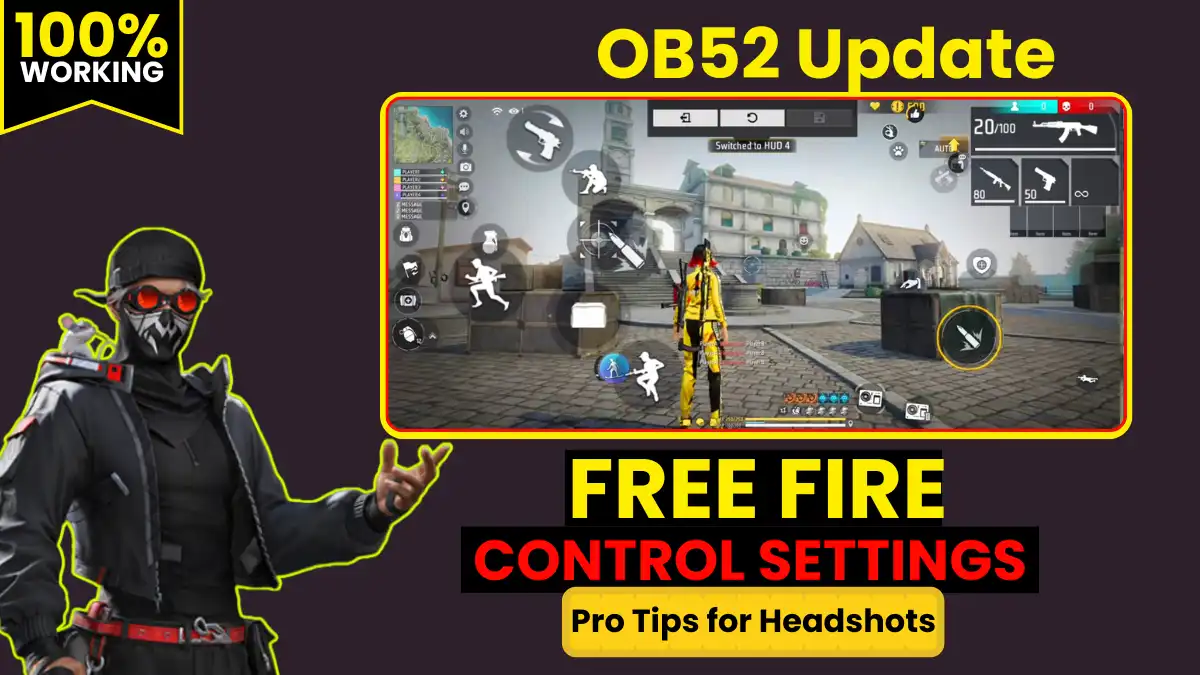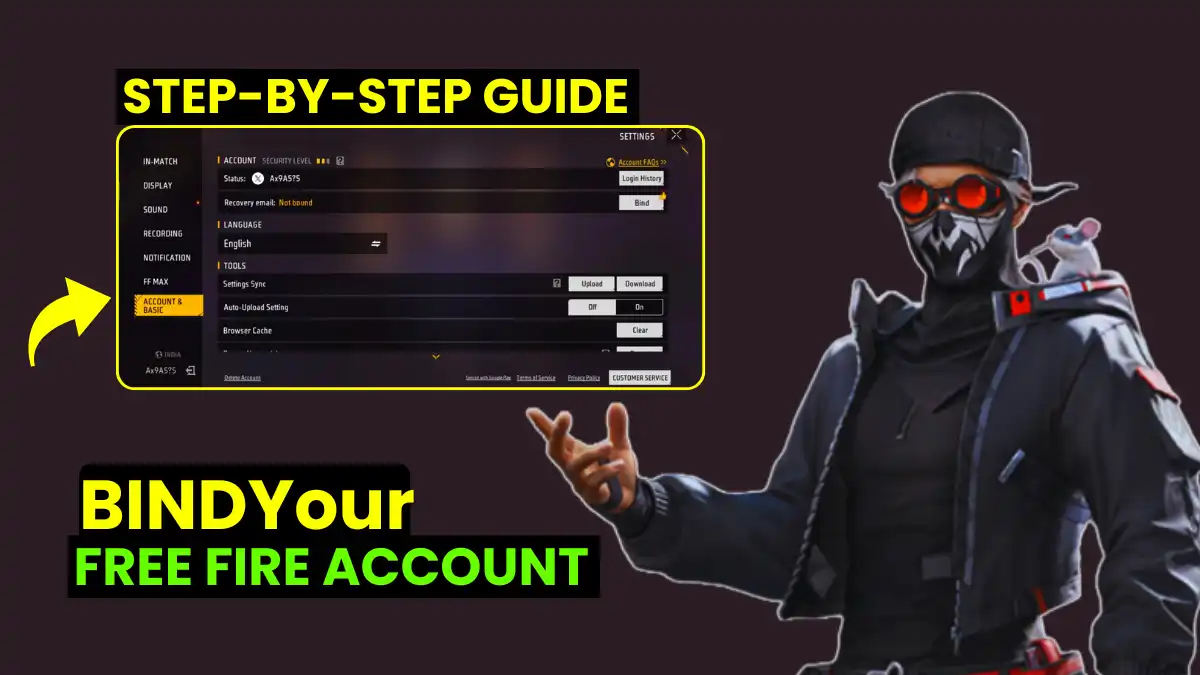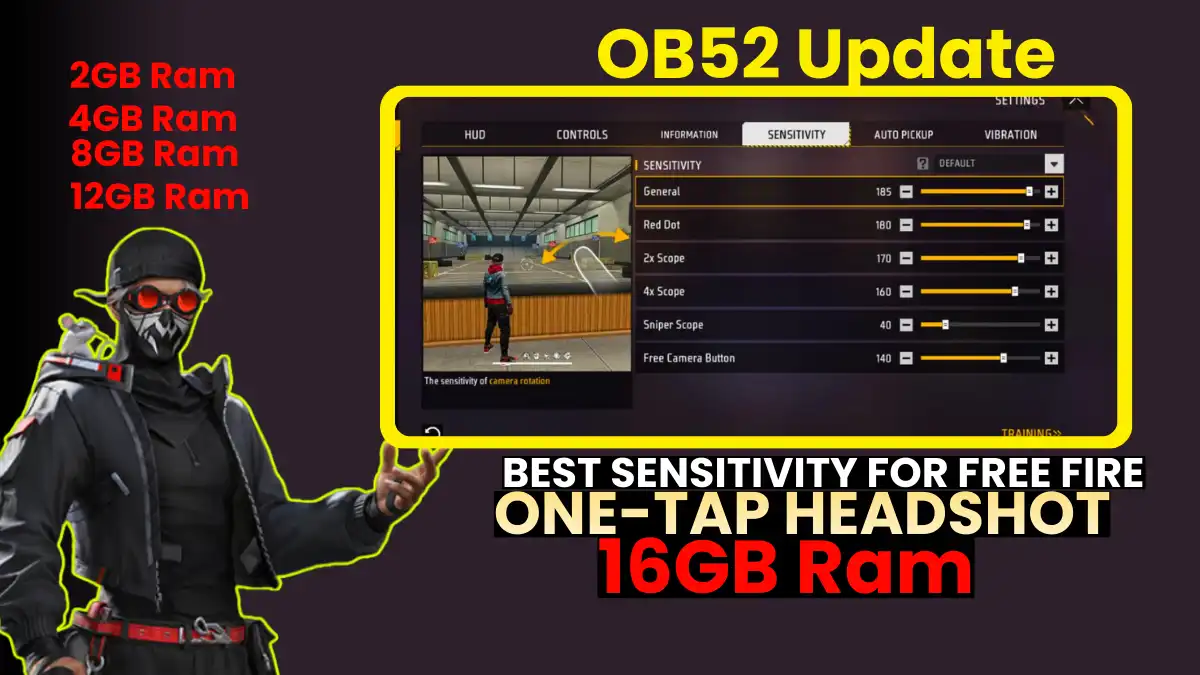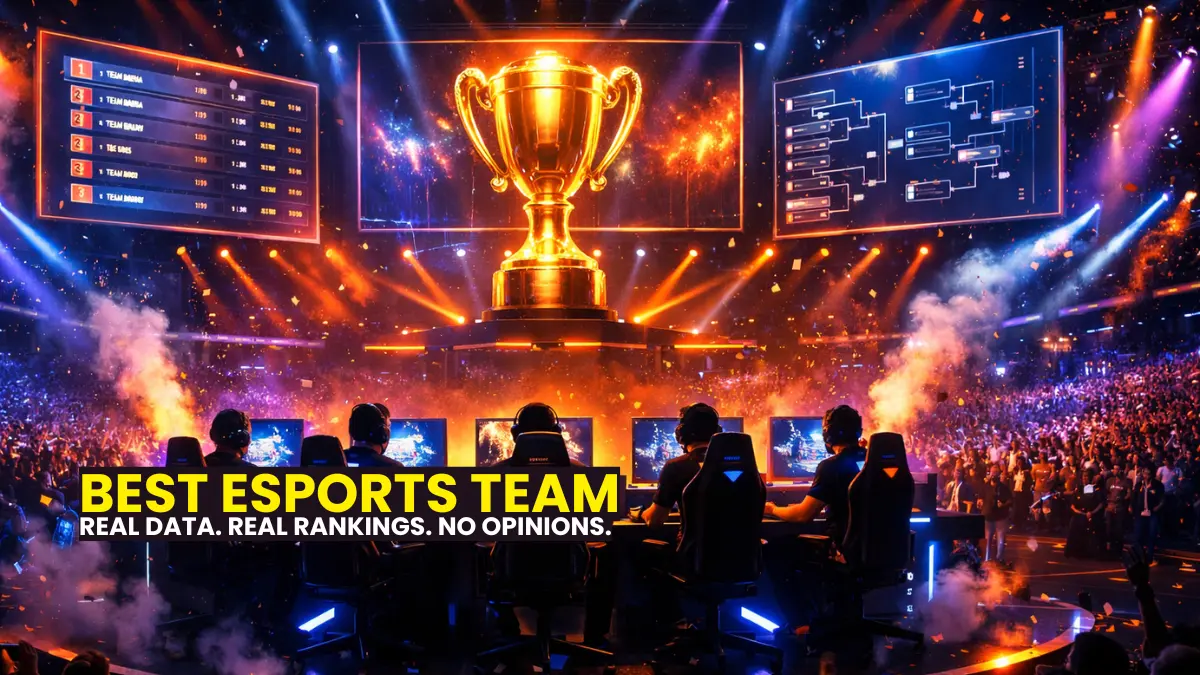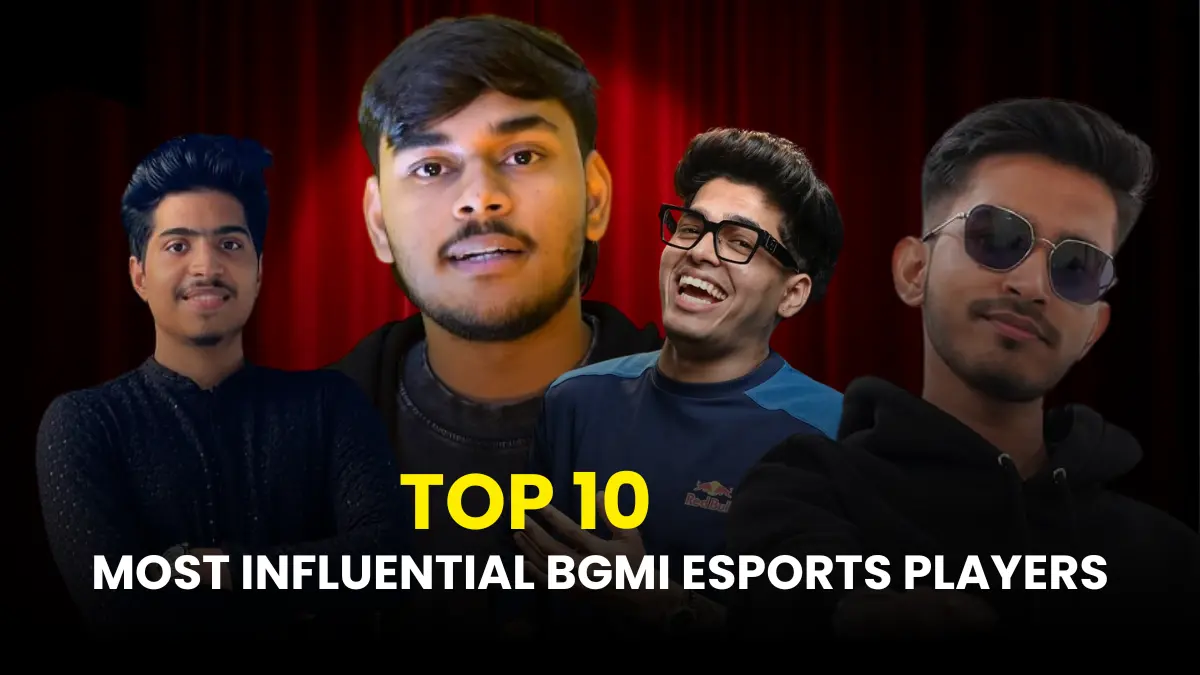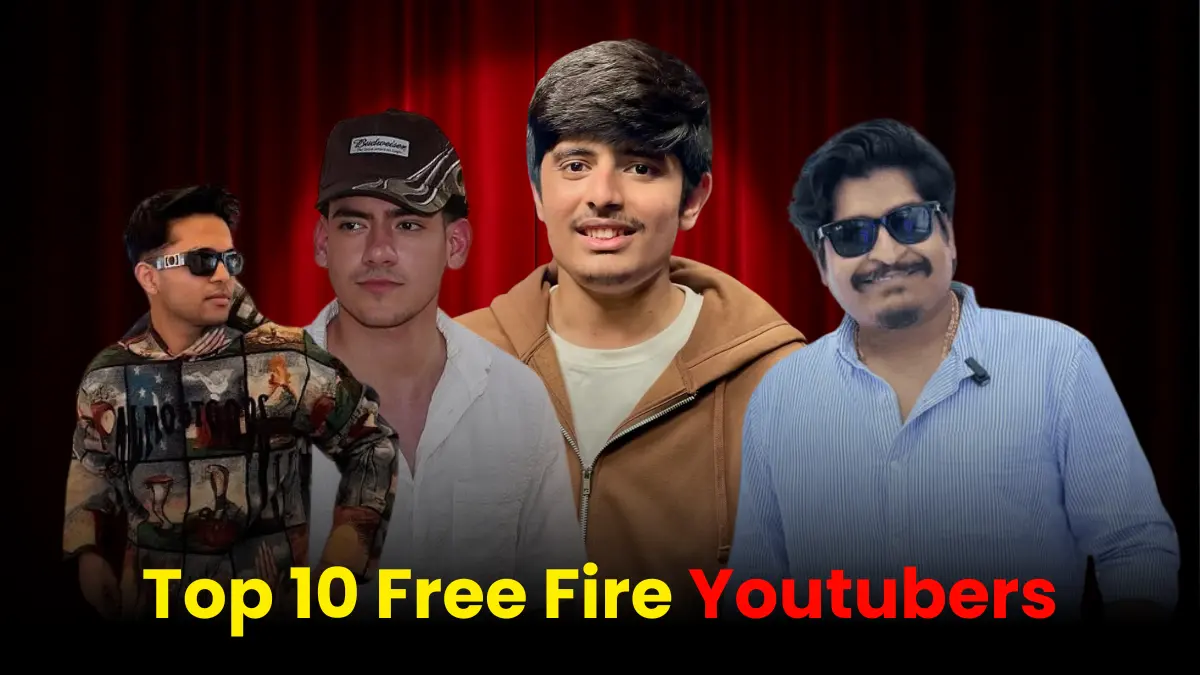Esports industry will hit $4.8 billion by 2025. Because it’s growing so fast, teams need skilled coaches to help them win. If you dream of being a coach, you have a chance to make a real impact.
Raw talent isn’t enough. You need a process. A real system for breaking down strategy, fixing player mistakes, and turning a group of individuals into a team that wins.
Most aspiring coaches get stuck here. They know the game, but they can’t build a winning team. They waste months on outdated advice while the industry moves on. Finally, we give you a clear, seven-step plan for 2025.
Using the newest trends like AI and the possibility of esports in the Olympics, this guide gives you practical steps.No matter if you’re getting certified or in a school program, you’ll learn how to become a professional coach or analyst.
Esports Coach Salary & Demand in 2025
| Region | Entry (USD/hr) | Mid (USD/yr) | Senior (USD/yr) | YoY Growth |
|---|---|---|---|---|
| North America | $22–35 | $48k–60k | $85k–120k | +18% |
| Europe | $18–28 | $40k–52k | $75k–100k | +22% |
| APAC | $15–25 | $36k–48k | $70k–95k | +30% |
Sources: Hitmarker 2024 Hiring Report, Glassdoor Jan 2025, Newzoo Market Outlook.
RELATED POST- How to Become a Game Tester in 2025: Salary, Remote Options & No-Degree Roadmap
Why Breaking Into Esports Coaching Feels Impossible Right Now
Becoming an esports coach is difficult. There are a lot of people in the space, so it’s hard to stand out. New coaches are often confused. They don’t know whether to teach the intricacies of the game or to change the way their players think. Because of this, they get frustrated.
Skill Gaps in a Fast-Evolving Industry
Maintaining skill in esports is difficult because the games are always changing. A coach must be proficient in two types of work: analyzing game videos to find mistakes and building mental strength in players.
But many people think that just playing the game well is enough, while explaining things to people and boosting their morale is also very important.
RELATED POST- How to Compose Music for Games: Beginner Guide (2025 Update)
Financial and Emotional Toll
The money in esports coaching can be unstable. Starting coaches earn $20–$40 per hour, but the work is inconsistent, often remaining a side job. Even mid-level coaches only make about $45,000–$54,000 a year. The emotional cost is even higher. Coaches often feel isolated and doubtful, which leads to burnout.
One experienced coach worked for two years without pay before finding a stable job, a common story in this field. These hidden struggles like lost confidence and strained personal relationships can make people give up, showing why a careful career plan is essential.
Your 7-Step Blueprint to Become a Esports Coach
Each step includes verifiable actions, resources, and metrics for success, enabling you to transition into a professional esports analyst or coach within 6–12 months.
Step 1: Master Your Game Knowledge
Mastery of key titles is the foundation of good coaching. Give 100+ hours to immersive study of mechanics, meta evolutions, and past matches in popular games. Consider using Overwolf for replay analysis, or Mobalytics for predictive modeling.
Recommended focus areas:
- League of Legends and Valorant: Emphasize macro strategies and agent synergies.
- Counter-Strike 2: Prioritize economy management and site executes.
| Game | Key Coaching Focus | Recommended Practice Hours |
|---|---|---|
| League of Legends | Drafting and objective control | 40 |
| Valorant | Utility usage and round timing | 30 |
| CS2 | Crosshair placement and teamwork | 30 |
Track progress by analyzing pro VODs weekly, aiming for 80% accuracy in predicting outcomes.
RELATED POST- How to Get a Job in the Gaming Industry in 2025 (90-Day Plan)
Step 2: Develop Core Coaching Skills
A great coach needs more than just game knowledge. You also need strong “people skills” to analyze and motivate your players. To improve, use free YouTube channels like “Skill Capped” to learn strategy. Also, practice listening carefully by regularly asking your teammates for feedback.
Essential soft skills checklist:
- Communication: Articulate feedback without jargon.
- Psychology: Implement resilience training to combat tilt.
- Adaptability: Simulate patch impacts on team comps.
Supplement with reading on mental health in gaming, ensuring your approach fosters sustainable growth.
Step 3: Gain Hands-On Experience
Theory isn’t enough. Begin with esports coaching at the grassroots level through local tournaments or university clubs. Battlefy and other platforms have entry-level events where you can be in charge of or follow squads.
Actionable tips:
- Volunteer for 2–3 events quarterly.
- Coach amateur teams on Discord, targeting 20-session milestones.
- Document outcomes, such as win-rate improvements, for your portfolio.
This phase builds testimonials and refines esports team management under pressure.
Step 4: Pursue Certifications and Education
Your expertise is confirmed by formal qualifications, especially for college esports. Degrees aren’t required, however, programs quickly address skill deficiencies. Consider choices based on time, price, and expertise.
| Program | Duration | Cost | Focus Areas |
|---|---|---|---|
| Shenandoah University Certificate | 1 year | $5,000–$10,000 | High school/collegiate coaching, game analysis |
| NASEF x Skillshot Academy | Self-paced | $200–$500 | Scholastic esports, community building |
| Esports Performance Academy (EPA) | 3–6 months | $300–$800 | Beginner-to-expert development, leadership |
| UAB Graduate Certificate | 1 year | Varies (grad) | Performance management, coaching ethics |
Choose a program that fits your specific career goal. For example, an Entry-Level Professional Accreditation (EPA) is for quickly starting a professional career. Then, fit the studying into your schedule so you can learn and gain experience at the same time.
Step 5: Build Your Network and Personal Brand
More visibility creates more opportunities. Connect with esports leaders on LinkedIn, participate in coaching threads on X, and go to virtual summits, such as the Esports Summit.
Strategies:
- Publish weekly analyses on Medium or personal blogs.
- Participate in 5+ Discord servers for targeted outreach.
- Secure mentorship via platforms like MentorCruise.
A strong network finds gigs and makes you a networking thought leader for esports coaches.
Step 6: Land Your First Gig
Now that the basics are set, look to Indeed, ZipRecruiter, or Next Level Esports for job postings. Customize your applications, showing results—e.g., “Improved team KD ratio by 15% using specific drills.”
Preparation:
| Level | Experience | Hourly Rate | Annual Salary | Requirements |
|---|---|---|---|---|
| Entry | 0–1 year | $20–40/hr | $25k–35k | Game knowledge + basic cert |
| Mid | 1–3 years | $35–50/hr | $45k–54k | Portfolio + tournament experience |
| Senior | 3+ years | $50–75/hr | $60k–85k | Pro team experience |
| Pro | 5+ years | $75–150/hr | $100k+ | Championship wins |
Success comes with perseverance.
Step 7: Scale to Pro Level
Keep momentum by monitoring KPIs and yearly upskilling. Look into tech like VR and AI for scouting, and consider global circuits before the 2027 Olympic Esports Games.
Milestones:
- Achieve $50,000+ annual salary within two years.
- Lead a team to regional playoffs.
- Contribute to industry panels for ongoing credibility.
Consistent self-evaluations guarantee adherence to changing benchmarks, driving you towards top esports career paths.
Frequently Asked Questions
No, but certifications help. Programs like EPA ($300-800) or Shenandoah University certificate ($5k-10k) boost credibility.
Entry-level: $20-40/hour | Mid-level: $45k-54k/year | Pro-level: $75k+ with benefits
6-12 months with consistent effort: 100+ game study hours + certifications + volunteer experience.
League of Legends, Valorant, CS2 have highest demand and coaching opportunities.


